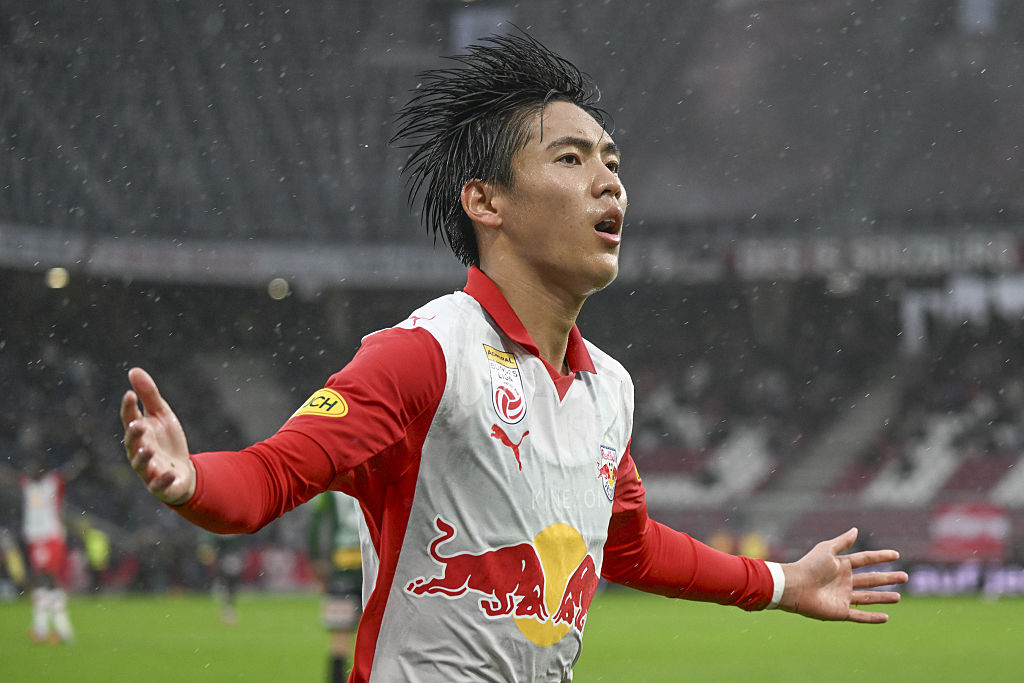‘It’s always been volatile between Wimbledon and MK, but I don’t mind it. The club’s identity has changed and is a million miles away from 20 years ago’ Dean Lewington looks back at English football’s most controversial rebrand two decades on
Wimbledon upped sticks from their south London home in September 2003, re-naming their club at the end of that season
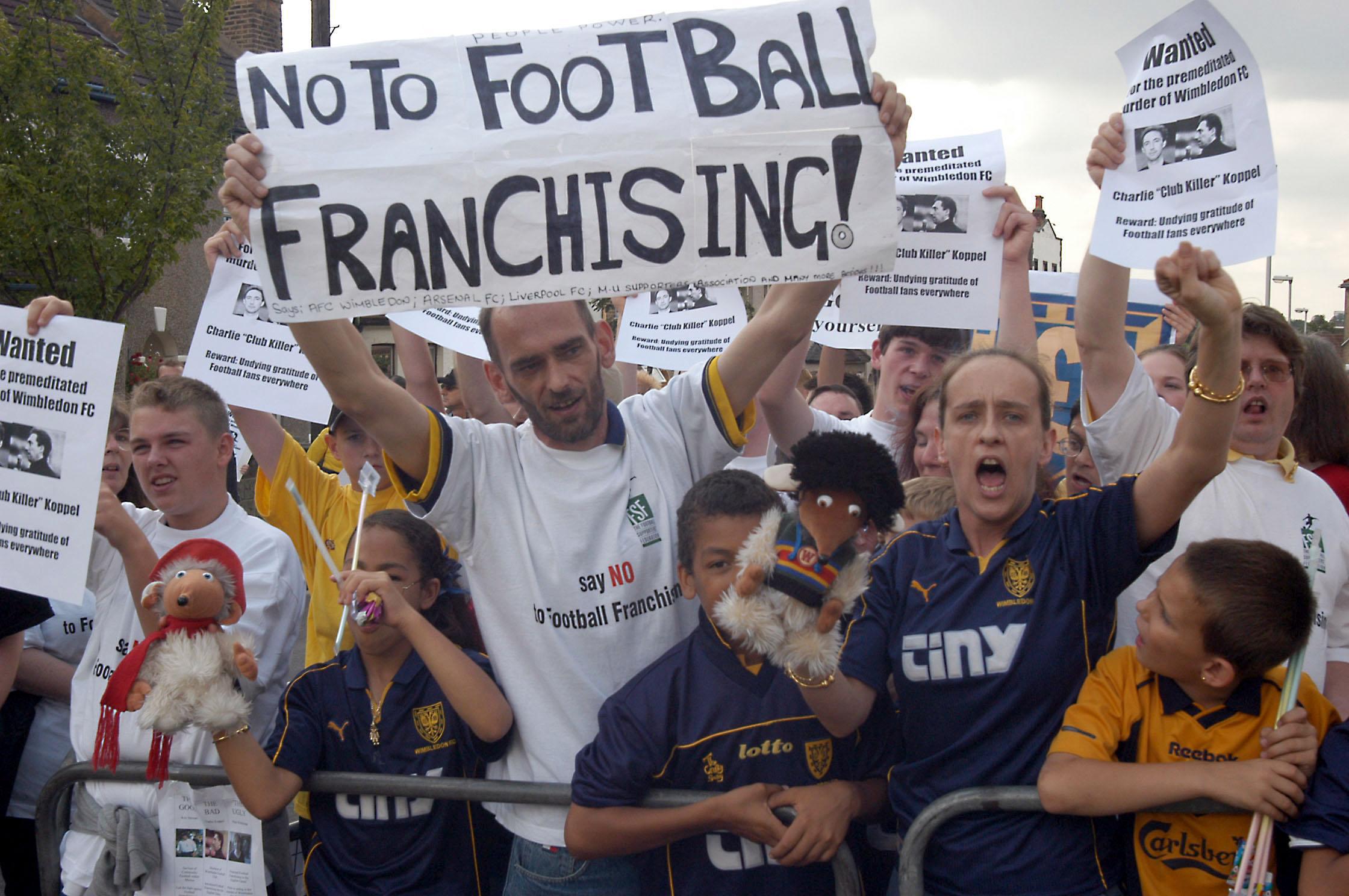
Even two decades on, it remains the most controversial relocation and rebranding in English football.
In September 2003, Wimbledon Football Club relocated from their traditional south London home to Milton Keynes, 16 months after being give the nod by the FA.
After playing out the rest of their 2003/04 Division 1 campaign, the financially stricken club rebranded as MK Dons, to the dismay of both the club’s existing fan base and football traditionalists across the country.
Lewington on Wimbledon's relocation
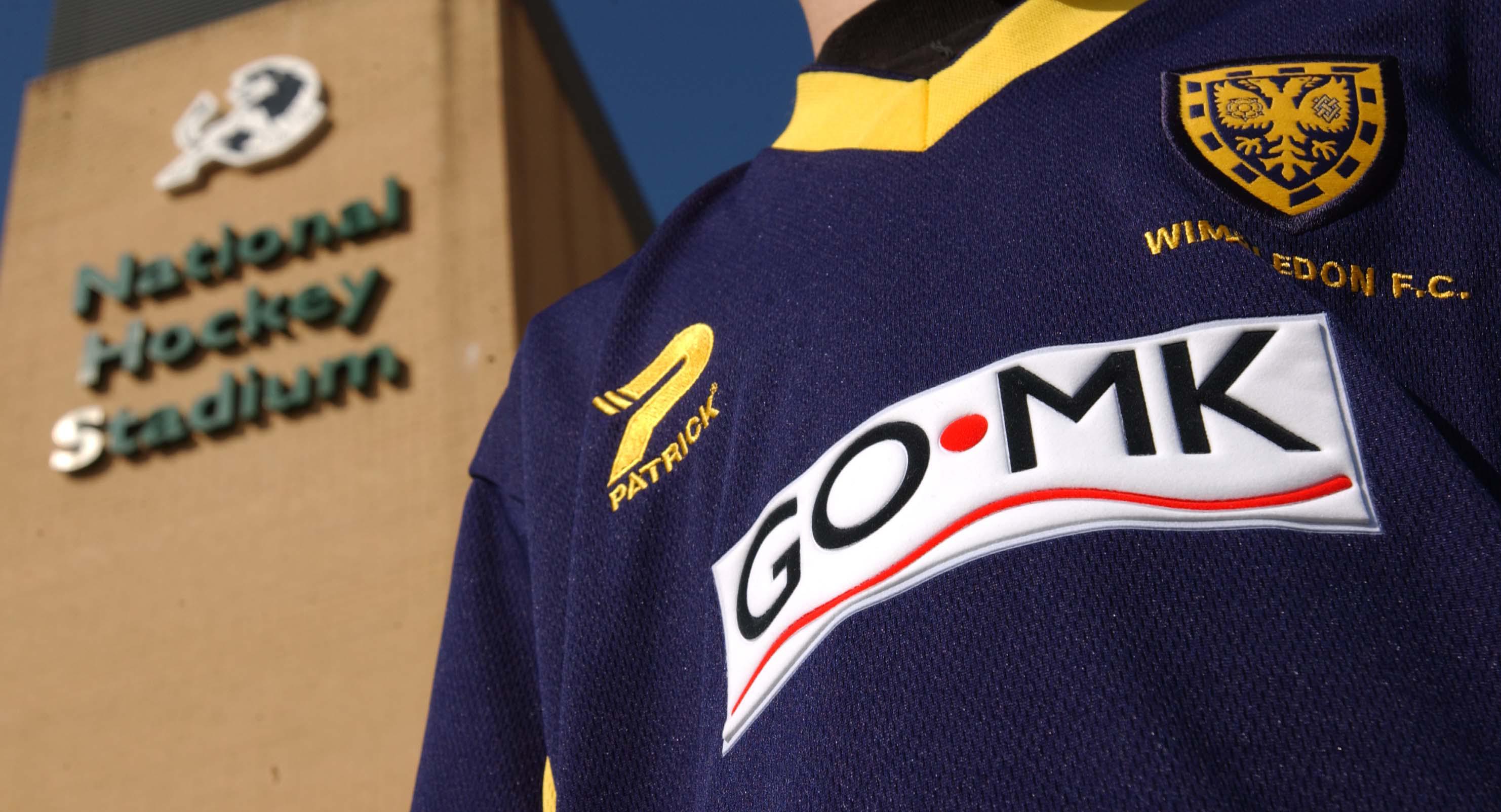
Defender Dean Lewington made his debut for the club that season and would go on to make 917 appearances for the team before hanging up his boots earlier this summer, making him uniquely placed to reflect on the past two decades.
“When the club went into administration, players were getting sold left, right, and centre,” Lewington tells FourFourTwo of the initial 2003 relocation. “When we were told about the move, it affected us, but because we weren’t in the first team yet, it didn’t really concern us massively — we just followed where the club went.
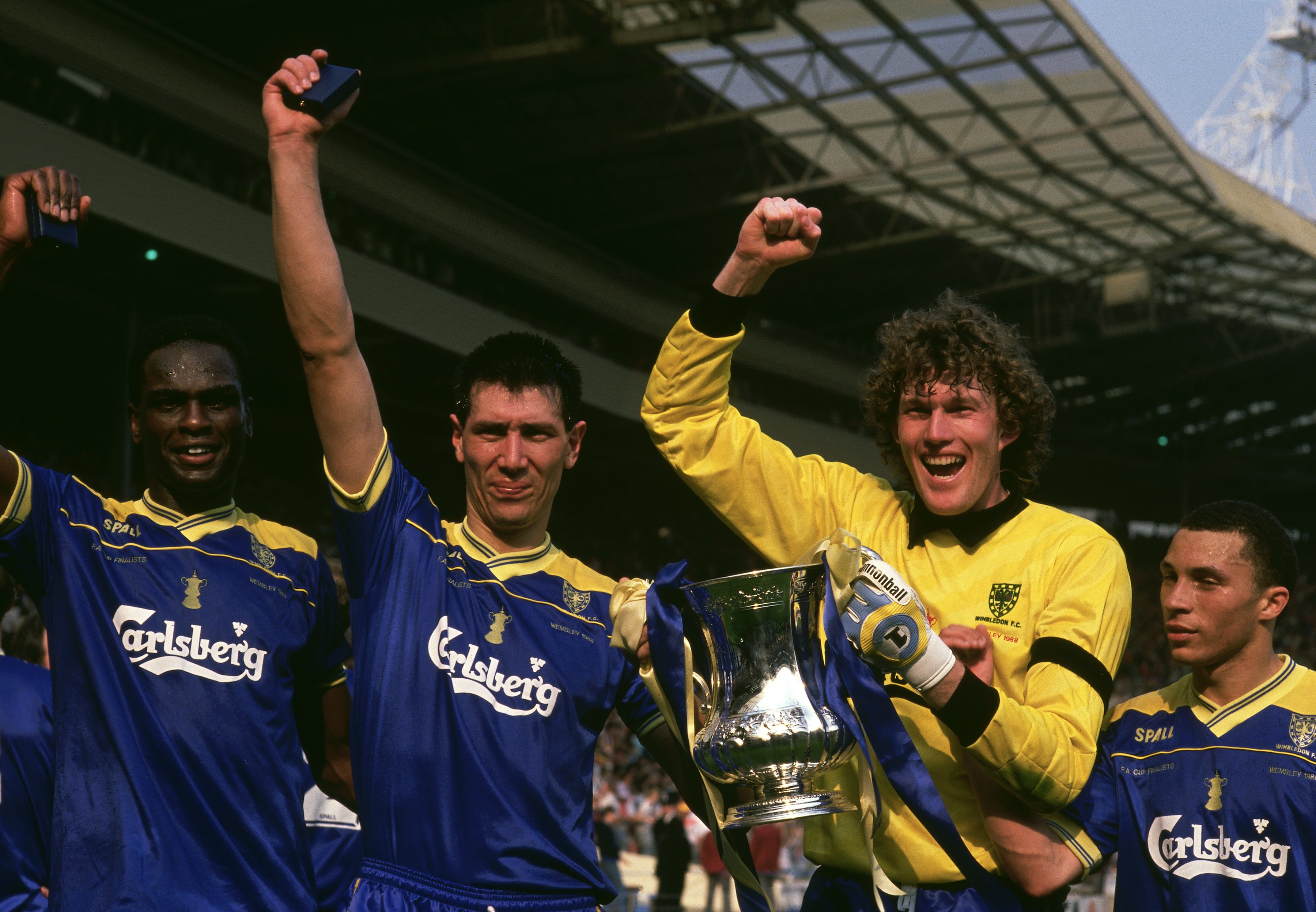
“Within six months, most of the senior players had been sold. It was left to the boys who’d come through the youth system. For us, it felt like an opportunity. There were plans for a new stadium, a training ground – it felt exciting. And we were close to the club folding altogether, so moving felt better than the alternative.”
Even after more than 20 years, the rebranding remains controversial, something Lewington recognises.
The best features, fun and footballing quizzes, straight to your inbox every week.
“People either agree with the club or they don’t,” he continues. “All these years later, it’s still a stick people use to beat the club with. It hasn’t really moved on much. The club has accepted it and is comfortable in its own skin. Before, there was always a bit of uncertainty about how to approach it, but now, it just is what it is.
“The club’s identity has definitely changed and is a million miles away from 20 years ago. That’s the case for most clubs, though – everything evolves and changes.”
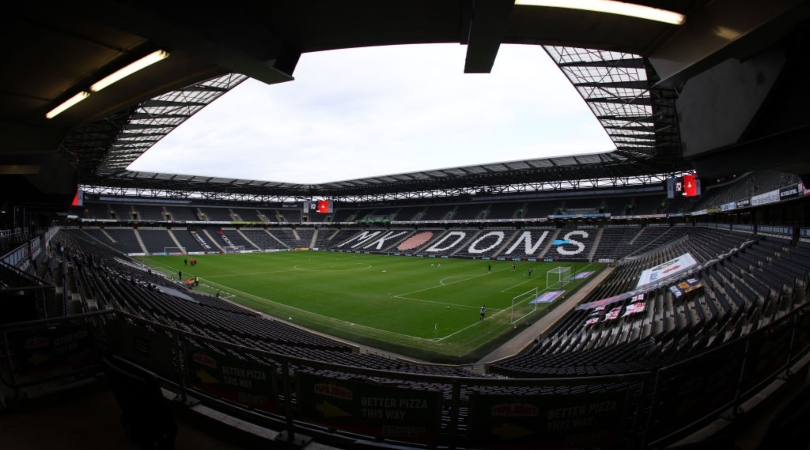
Disillusioned Wimbledon supporters would set up AFC Wimbledon in 2002 when the FA gave the relocation the green light and Lewington admits that aminosity between the two clubs remains.
"Hatred – that’s probably the right word, at least for some. I remember before the first away game, the police actually came in to speak to me and Dave Martin, because we were both ex-Wimbledon. They gave us a security detail, just in case something happened. It’s always been volatile but I don’t mind it. I used to go out in Wimbledon a lot and never experienced anything.
“As I got older, I met a few AFC fans face-to-face. They disagreed with the club and what happened, but were respectful enough to have a proper chat about it. I’ve got no problem with that. I’ll always talk to any fan if they approach it the right way. The booing, whistling, is part of football.”
For more than a decade, Joe Mewis has worked in football journalism as a reporter and editor. Mewis has had stints at Mirror Football and LeedsLive among others and worked at FourFourTwo throughout Euro 2024, reporting on the tournament. In addition to his journalist work, Mewis is also the author of four football history books that include times on Leeds United and the England national team. Now working as a digital marketing coordinator at Harrogate Town, too, Mewis counts some of his best career moments as being in the iconic Spygate press conference under Marcelo Bielsa and seeing his beloved Leeds lift the Championship trophy during lockdown.
 Join The Club
Join The Club






